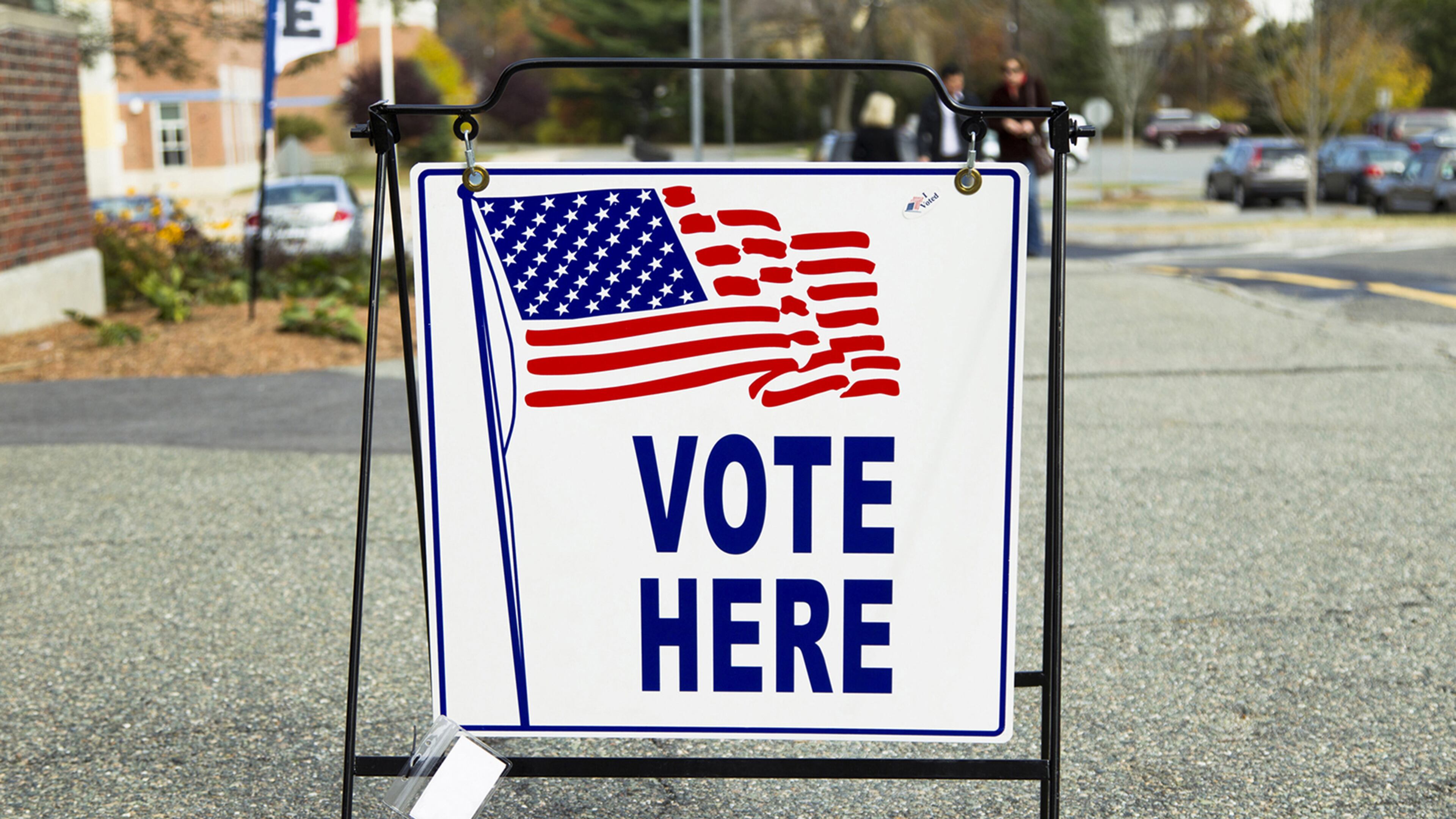Opinion: Vote for long-term, not short-range, interests

Recent polls show that, while most Americans support a woman’s right to choose whether to continue a pregnancy, many don’t plan to vote primarily on that issue on Nov. 8. Instead, their votes will be swayed by today’s high grocery and gas prices.
Other polls show that climate change is important to at least half of voters, but short-term pocketbook issues are top of mind for them, as well.
This kind of voting is wasteful from an economic point of view.

While struggling to pay for daily necessities is real and difficult, the currency of our votes will go a lot farther if spent buying a brighter future than on swatting at short-term issues like inflation. Prices are going up based on global forces like the pandemic and Russia’s invasion of Ukraine. There are tools in place to combat this and they will eventually be effective. The midterm elections will have almost no effect on immediate prices, no matter who gets elected.
But think about the generations-long impact that preserving reproductive rights would have.
President Joe Biden has said recently that if voters send enough Democrats to Congress, their first action in the new year would be to codify Roe vs. Wade, restoring the abortion rights that the Supreme Court struck down this past summer.
If passed, the Biden-backed legislation would assure women and girls that they can enter and remain in the workforce on their own terms. They can also preserve their own health when a problem pregnancy threatens it. There is no denying that an ill-timed birth of an unwanted child can disrupt educational plans, career paths and savings. Reproductive rights are economic rights.
Voters concerned about their economic prospects also should consider which candidates recognize climate change as a real danger. Families worried about today’s inflation need to consider the economic impact of powerful hurricanes, brutal droughts, flash floods, rising temperature and the many other calamities tied to a changing climate.
Consider this: Most of the candidates who support a woman’s right to choose also support developing clean energy sources and other efforts to slow climate change. In the long-term, renewable energy sources like solar and wind power will bring down the cost of energy and reduce damage to the environment. More must be done to address these issues, but that work will be ignored by candidates who think climate change is a hoax. Most of them are the same ones who oppose a woman’s right to choose when to have children.
The current Congress has passed legislation to address climate change and to boost the domestic manufacture of computer components to diminish supply-chain problems. Congress also passed the Infrastructure Act, which will improve access to goods by upgrading not only roads, bridges and railroads, but also the electric grid and broadband internet access.
Inflation won’t disappear overnight. But if Americans elect candidates who show real concern for the future, our long-term economic health will improve.
Sure, it is tempting to vote in anger or fear based on today’s conditions. But the wiser course is to spend our votes like long-term investments. Support candidates who work to make our lives better, not just tomorrow, but for all the tomorrows.
Susan Wells is a retired 30-year veteran of The Atlanta Journal-Constitution, where she served as business editor and editorial writer for much of that time. An Atlanta native, she splits her time between her home in Candler Park near downtown Atlanta and her farm in Gilmer County in the north Georgia mountains.


